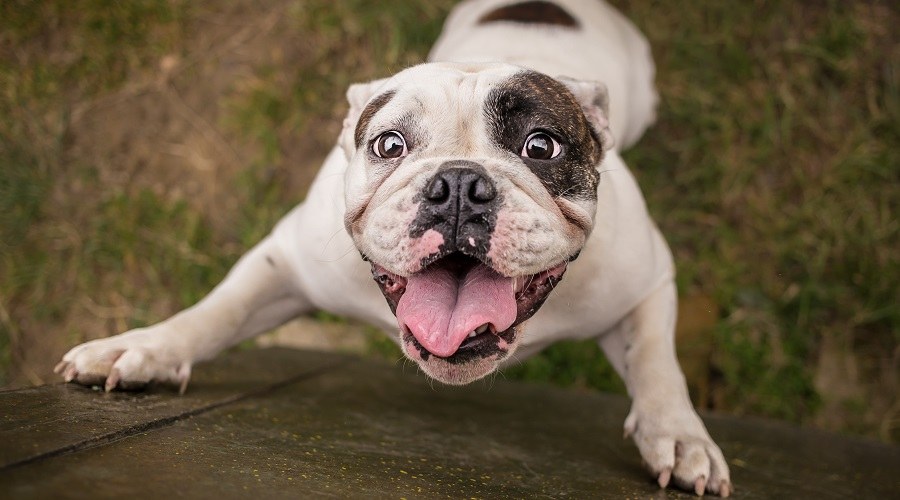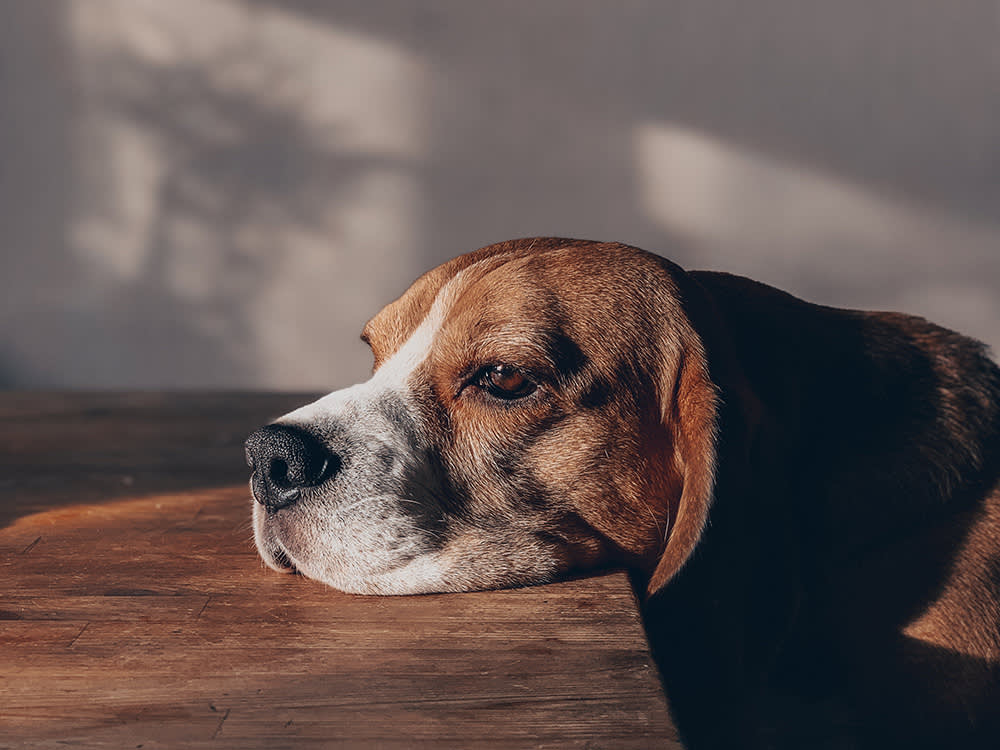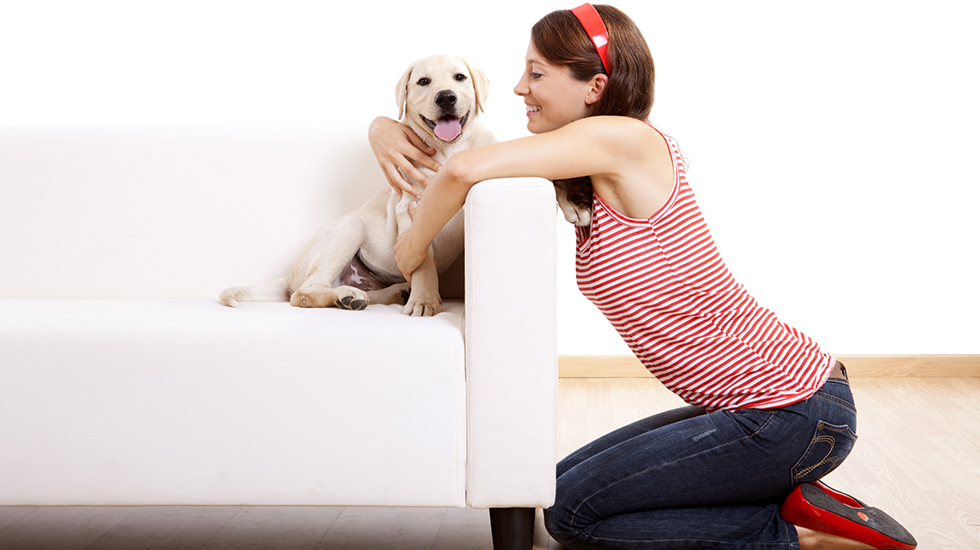
There are many reasons why your dog may lick its lips. You may be yelling at your dog, or your dog is yawning if you ask. Some are due to health problems, such as tooth decay or pain in the mouth. If your dog is constantly licking their lips, this could be a sign that there may be something more. Here are some symptoms of this condition.
Insect bites
Your dog is not immune to the bites of insects. These insects can cause severe health problems for your dog, as they can itch and lick the dogs lips. Fleas are common problems that cause dogs to scratch and lick themselves. Fleas can also cause itching and licking and other serious diseases like tapeworms. This can trigger an allergic reaction. Flea medicine for dogs is very effective.
Even though a few insects may cause fatal reactions in dogs (and they can), you should immediately seek medical attention for your dog. If you notice that your dog keeps licking his lips after being bitten, it's important to seek medical attention. A vet can provide treatment for some bites. To speed up the healing process you can also remove the stingers.
Stings are one of the most serious parts of an insect bite. Even if you remove the sting, the venom can stay embedded in the skin, causing serious swelling. To prevent further injuries to your dog, you should use a flat, such as a credit or debit card, to remove the venom. If you're unsure of whether your dog has been stung, it's best to check with your veterinarian immediately. A bite from an insect can cause infection or disease.
A vet should examine your dog's lips and face after an insect bite. If your dog is constantly licking his lips, a vet may want to perform a full physical examination to rule out an underlying medical condition. A veterinarian will check for signs of soft tissue injury, a bacterial infection, or a foreign object in the mouth. Sometimes your dog may be licking different parts of his body, other than his face. If your dog is licking other parts, it could be an indication of allergy or pain.
Dehydration
Dogs tend to lick their lips when they are dehydrated. This behavior can be indicative of several medical conditions like bloat, periodontitis or seizures. It is important to determine the cause of excessive lip licking in your dog and then treat it accordingly. You can keep fresh water in your dog’s water bowl. If your dog is still licking, seek immediate medical attention.

If your dog is licking its lips for no apparent reason, you may have an infection. Dogs with diarrhea may also vomit on their lips or lick them. This condition can lead to death so it is crucial that you seek immediate medical attention. Diarrhea can be easily diagnosed by checking your dog's stool. Your dog may also lick its lips or lose appetite due to diarrhea.
Dehydration can lead to vomiting, loss of appetite, and a lack of saliva. It is possible for your dog to appear sick. You should check the amount of food and water your pet eats. Your veterinarian might recommend that your pet be given a fluid or diet change to keep them hydrated. Dehydration can also lead to a decrease in energy. A fluid pack can help dogs with dehydration.
Visit the vet immediately if your dog seems to be excessively licking his lips. The cause of unusual behaviour will be determined by your veterinarian. The veterinarian can diagnose the issue, whether it is a symptom or an underlying medical condition. Your veterinarian will examine your dog’s mouth, lips, teeth and oral cavity.
Survival instinct
Dog licking their lips as a survival instinct is closely linked to the behavior of their mother dogs. To help her baby breathe, to remove placental remnants and to clean it, the mother dog licks her puppy's lips. The pup can also dispose of their waste and hide away from predators. This behavior is similar to humans in that it can be interpreted as a protective instinct and prevent the pup from being attacked.
In the presence of smells, the common behavior of licking the lips is to lick the lips. Licking your lips could indicate discomfort in your dog's environment or mild stimulation. However, licking your lips does not seem to affect other dogs. This behavior is still a mystery despite its many benefits. It is an interesting part of the animal's survival instincts.
Stress
You may notice signs of stress in your dog if he keeps licking the lips. This condition is sometimes called excessive lip licking. Symptoms of chronic lip licking in dogs include stress, boredom, dehydration, and anxiety. If the behavior is ongoing, your dog may benefit from a visit to the vet.
Sometimes dogs may lick their lips when they are nervous, scared, or anticipating eating. While this is an entirely normal behavior, lip licking during times of stress may be related to a thunderstorm or other threatening situation. If your dog is constantly licking the lips, it could be a sign that he is anxious. You can consult a professional dog trainer if you are unsure how to deal with your dog's stress.
If you notice your dog lip-licking because of stress, you can begin to treat it gently. Do not reward your dog if it licks their lips. This could be detrimental to their health. If your dog is in pain, it may need some rest to relax. If your dog is licking his lips, try to not to give it a treat. It could be a sign your dog may have a medical problem or is in pain.

Lip-licking behavior is a sign that your dog may have a variety of health issues or environmental issues. A veterinarian can diagnose if your dog's behavior is stress-related. If it's the latter, a visit to a veterinarian may be in order. Your dog's veterinarian can help you diagnose the problem and then treat it accordingly. Remember that your dog may be lip-licking as a sign of another medical condition.
Compulsive licking disorder
Your dog may be constantly licking itself. There are many possible causes. The problem could be physical, such as a sharp stone in its footpad. Compulsive chewing can also be a response to orthopedic problems such as hip dysplasia. Talk to your vet to rule out other possible causes. A veterinary checkup can confirm the cause. Your dog will continue to lick until the diagnosis is made.
Compulsive behavior can result from psychological disorders, such as anxiety and stress. Boredom, separation from owners, and stress can all contribute to excessive licking. Even if your dog stops licking temporarily, it could revert back to the old behavior if left alone. Rearranging furniture or moving house may also be stressful for your dog, and it may resume the behavior when it is alone.
Excessive licking is an anxiety-related condition that can be caused by systemic causes or by a dog's sensitivity to various stimuli. This is when the dog licks a particular area of its body constantly, often leaving behind red or raw spots. It can cause problems with other activities so it is important to give your dog the best possible care.
Compulsive licking can also be manifested in dogs by frequent tail-chasing and flank sucking. Shadow chasing is another sign. Fly snapping is another. Compulsive behaviors can also include repeated circling. A behavior specialist will need a consultation with the owner. He or she should describe the symptoms in detail. Once the owner has described the behavior in detail, the veterinarian can decide whether or not the condition is due to a underlying problem.
FAQ
What are the responsibilities and responsibilities of pet owners?
An owner of a pet must love their pet unconditionally. They must ensure that their pet has all the basic needs met, including shelter, water, and food.
They must teach them proper behavior. The pet owner must not neglect or abuse it.
He must also be responsible enough for it and clean it up.
How to feed a pet.
Dogs and cats eat four times a day. Breakfast is usually dry kibble. Lunch is often some type of meat like chicken, beef or fish. Dinner usually includes some kind of vegetable like broccoli or peas.
Different dietary requirements are required for cats. Canadian foods should be a major part of their diet. These include chicken, tuna fish, salmon and sardines.
Your pet may also enjoy eating fruits and vegetables. However, they shouldn't be given too often. Overeating can cause illness in cats.
You should not allow your pet to drink straight from the tap. Instead, give your pet water from a bowl.
Make sure that your pet gets enough exercise. Exercise keeps your pet's weight down. It keeps him healthy.
After your pet eats, make sure you wash the dishes. This will stop your pet getting sick from eating harmful bacteria.
Don't forget to brush your pet regularly. Brushing can remove dead skin cells which can lead to infection.
Your pet should be brushed at least twice per week. Use a soft bristle comb. Avoid using a wire brush. This can damage your pet's teeth.
Always supervise your pet's eating habits. He must chew his food correctly. He may choke on bits of bone.
Keep your pet out of garbage cans. This can harm your pet's health.
You should never leave your pet in an enclosed area. This includes cars, boats, and hot tubs.
What is the appropriate age for a child with a pet to get?
Children under five should not have pets. Young children should not have cats or dogs.
Children who own pets often get bitten by them. This is particularly true for small dogs.
Some dogs, such as pit bulls or other aggressive breeds, may be aggressive towards certain animals.
Even though dogs may appear friendly, this doesn't mean they won't attack other animals.
Make sure your dog is well-trained if it's your decision to buy a dog. Your child should always be supervised while playing with the dog.
What should I do if my dog bites someone?
First, make sure the animal isn't rabid if you are attacked. If that is not possible, get help. Do not attempt to handle the situation yourself, as you could become seriously injured.
If the animal bites but isn't aggressive, take it to a veterinarian. Your vet will examine it and advise whether further treatment is needed.
In most cases, rabies shots are required. You should never administer them yourself. Only a qualified person should be able to do this.
What are three things that you need to consider before getting a cat?
These questions should be asked before you purchase a cat.
-
Are there any health concerns for the cat?
-
Can the cat eat all of my food?
-
Do I want a cat because I love cats, or do I just want a pet?
How to train a pet
It is important to be consistent when training your dog or cat. It is important to be consistent with how you treat your pet. They will start to distrust you if your behavior is unkind. They might also start to think that all people are mean.
If you are inconsistent in treating them, they won't know what to expect from you. This could make them anxious about other people.
Positive reinforcement is the best way to teach your cat or dog. If you reward your cat or dog for doing something well, they will desire to repeat the behavior.
When they do something wrong, it is easier to punish them than reward them.
You should use treats such as food or toys to reinforce good behavior. Praise is a great way to reinforce good behavior.
Clickers can be used to train your pet. Clicking is a technique where you tap on a button to tell your pet that he did well.
This works because the animals know that clicking is "good work".
Show your pet the trick first. After that, reward him with a treat and ask him to perform it.
If he does it correctly you should give him praise. Don't praise him too much. Be sure to praise him only once.
It's also important to set limits. You should not allow your pet to jump on people. Do not let your pet bite other people.
Always supervise your pet to make sure he doesn’t hurt himself.
How long should a dog remain indoors?
Dogs are curious by nature. This curiosity must be satisfied. They may be destructive if they don’t have any outlets. This can lead to many problems, including the destruction of property and injury to people.
Dogs should always be kept on a leash when outside. The leash protects dogs from being in trouble and allows them to explore their environment without fear.
If you keep your dog inside all day, he will become bored and restless. He may start to chew furniture and other objects. His nails may grow too long, which could lead to health issues.
This will help you avoid any negative consequences. Take him out for a walk, take him for a drive in the car, and/or to the park.
This will allow him to burn energy and give him something useful.
Statistics
- Here's a sobering reality: when you add up vaccinations, health exams, heartworm medications, litter, collars and leashes, food, and grooming, you can expect a bill of at least $1,000 a year, according to SSPCA. (bustle.com)
- Reimbursement rates vary by insurer, but common rates range from 60% to 100% of your veterinary bill. (usnews.com)
- * Monthly costs are for a 1-year-old female mixed-breed dog and a male domestic shorthair cat less than a year old, respectively, in excellent health residing in Texas, with a $500 annual deductible, $5,000 annual benefit limit, and 90% reimbursement rate. (usnews.com)
- For example, if your policy has a 90% reimbursement rate and you've already met your deductible, your insurer would pay you 90% of the amount you paid the vet, as long as you're still below the coverage limits of your policy. (usnews.com)
- Monthly costs are for a one-year-old female mixed-breed dog and an under one-year-old male domestic shorthair cat, respectively, in excellent health residing in Texas, with a $500 annual deductible, $5,000 annual benefit limit, and 90% reimbursement rate. (usnews.com)
External Links
How To
The best method to teach your dog where he should urinate is through the use of a map.
Teaching your pet to use the bathroom correctly is crucial. It's important to learn how to train them to use the toilet properly if your dog starts to venture outside. These are some things to remember when teaching your dog how to properly use the toilet.
-
Start training early. Training early is key if you want to avoid accidents during playtime
-
Use food rewards. Your pet will be more successful if you give them a reward after each successful trip.
-
Keep treats away from the area where your pooch pees. This could cause him to associate the smell of urine with his favorite treat.
-
Before letting your dog go, make sure that there aren't any other animals around. Dogs may be influenced by the behavior of others who relieve themselves.
-
Be patient. Your puppy might take a bit longer to figure things out than a fully grown adult.
-
Let your dog sniff everything before allowing her to step into the bathroom. She'll learn faster if she gets a chance to familiarize herself with the scent of the toilet first.
-
Do not allow your dog to go near the bathroom while you take care of business. This could cause confusion.
-
Once you're finished, wipe down the toilet bowl and the floor. These areas will act as a reminder of what to do later.
-
Make sure to clean up all messes as soon as possible. You should immediately clean up an accident. If he doesn't, he may try again to relieve himself.